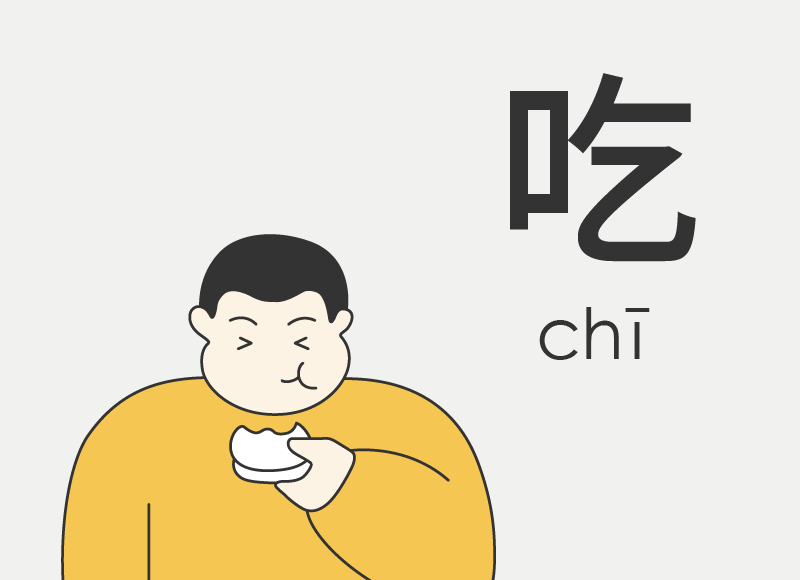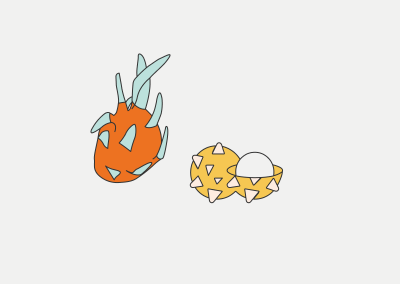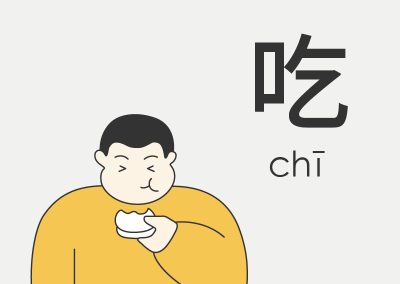6 Surprising Chinese Phrases with 吃 (Chī) – Common Slang & Idioms with “To Eat” in Mandarin
China is famous for its rich food culture and authentic Chinese cuisine. When exploring different regional Chinese dishes the verb 吃 (chī) (“to eat” in Mandarin) is often the first word that comes to mind. Interestingly there are several Chinese idioms with 吃, Chinese phrases with chī and even Chinese slang expressions that include the verb 吃, but have meanings unrelated to eating.
Let’s discover 6 surprising Chinese phrases with “to eat” and explore how they are used in everyday Chinese conversation, Mandarin slang and Chinese expressions about life.
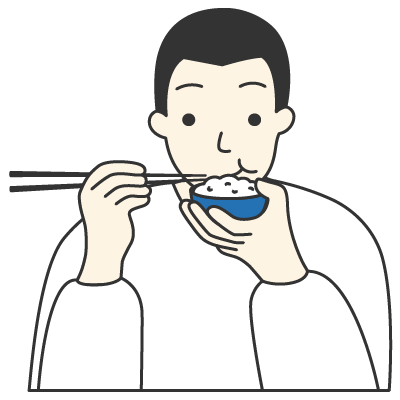
01. To Feel Surprised

吃惊
chī jīng
to feel surprised
In this word, 惊 (jīng) means “surprise”. 吃惊 (chī jīng) is usually used as an adjective to express that you come across something unexpected. For example:
他中文说得这么好,我很吃惊。
Tā Zhōngwén shuō de zhème hǎo, wǒ hěn chījīng.
I’m surprised that he speaks Chinese so well.
02. To Bear Losses

吃亏
chī kuī
to bear losses
In this word, (kuī) stands for “loss”. Therefore, this verb can be translated as “to bear losses” or “to be in a disadvantageous position”. For example:
Jason很精明,你和他一起工作可能会吃亏。
Jason hěn jīngmíng, nǐ hé tā yīqǐ gōngzuò kěnéng huì chī kuī.
Jason is shrewd, and you might be in a disadvantageous position if you have to work with him.
03. To Be Jealous

吃醋
chī cù
to be jealous
In this word, 醋 (cù) means “vinegar”, which insinuates the “sour taste” that can be felt when you see someone you like hanging out with another person. You can use it to tease your partner a bit if he or she is the jealous type. For example:
我喜欢Mike, 但是他经常和Linda在一起,我吃醋了。
Wǒ xǐhuan Mike, dànshì tā jīngcháng hé Linda zài yīqǐ, wǒ chī cù le.
I like Mike, but he often hangs out with Linda, I feel jealous.
04. To Be Strenuous
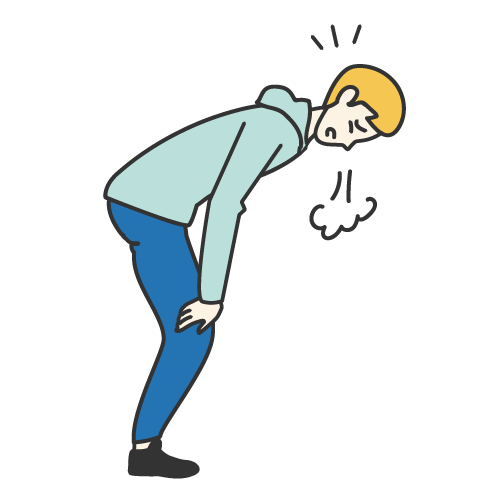
吃力
chī lì
to be strenuous
力 (lì) means “force” or “energy”. This word can be used to describe something (work or exercises) that turns out to be quite hard and hence may “consume a lot of energy”. For example:
这份工作很吃力,你需要每天工作12个小时。
Zhè fèn gōngzuò hěn chīlì, nǐ xūyào měitiān gōngzuò shí’èr gè xiǎoshí.
This job is pretty strenuous. You need to work for 12 hours every day.
05. To Bear Hardships

吃苦
chī kǔ
to bear hardships
In this case 苦 (kǔ) means “bitter”. The literal meaning of this word (the intake of bitterness) implicitly refers to someone who is willing to handle an excessive amount of workload or face predicaments. For example:
他学习努力,很能吃苦。
Tā xuéxí nǔlì, hěn néng chī kǔ.
He studies hard and is able to bear hardships.
06. To Be Popular

吃香
chī xiāng
to be popular
香 (xiāng) means “aromatic”. This is a colloquial word that is used to describe someone or something that is considered popular. The meaning of this word can also be treated like “something/someone smells so nice that everyone wants to take a bite”. For example:
IT专业的毕业生很吃香。
IT zhuānyè de bìyèshēng hěn chī xiāng.
Graduates with a degree in IT are very popular (among employers).
6 Surprising Chinese Phrases with “to eat”
We hope this topic was useful for you! To enhance your proficiency, maintain a consistent study routine and apply these words in real-life situations for more effective practice. To find out more interesting facts about Chinese language, check out other blog posts: Traditional and Simplified Chinese Characters, and Traditional and Simplified Chinese Characters,
Visit our Instagram account: That’s Mandarin official Instagram Profile.
FAQ: Surprising Chinese Phrases with 吃 (Chī)
01. What does 吃 (chī) mean in Chinese?
The character 吃 (chī) means “to eat” in Mandarin, but it’s also widely used in idioms and slang expressions that have nothing to do with food. For example, phrases like 吃惊 (to feel surprised), 吃苦 (to bear hardships) use 吃 metaphorically.
02. Are there idioms in Chinese that use 吃 in non-food contexts?
Yes, many Chinese idioms and phrases use 吃 in a figurative sense. Examples include 吃亏 (to suffer a loss), 吃力 (to be strenuous) and 吃香 (to be popular).
03. What is the meaning of 吃醋 (chī cù)?
吃醋 literally means “to eat vinegar”, but is used to express jealousy, especially in romantic situations. It’s a common and playful slang term in modern Chinese.
04. How can I learn more useful Chinese expressions like these?
You can explore more Mandarin idioms and expressions by reading Chinese blogs, taking online Chinese lessons, or using language apps that focus on everyday usage and cultural slang.
05. Can I use these phrases in daily conversation?
Absolutely! These idiomatic expressions are commonly used by native speakers in daily life both in casual chats and formal contexts, making them great for improving your spoken Chinese.
07. What’s the best way to remember slang and idioms with 吃?
Practice by using them in real-life situations or role-playing flashcards and reading Chinese dialogues can also help reinforce these expressions naturally.

